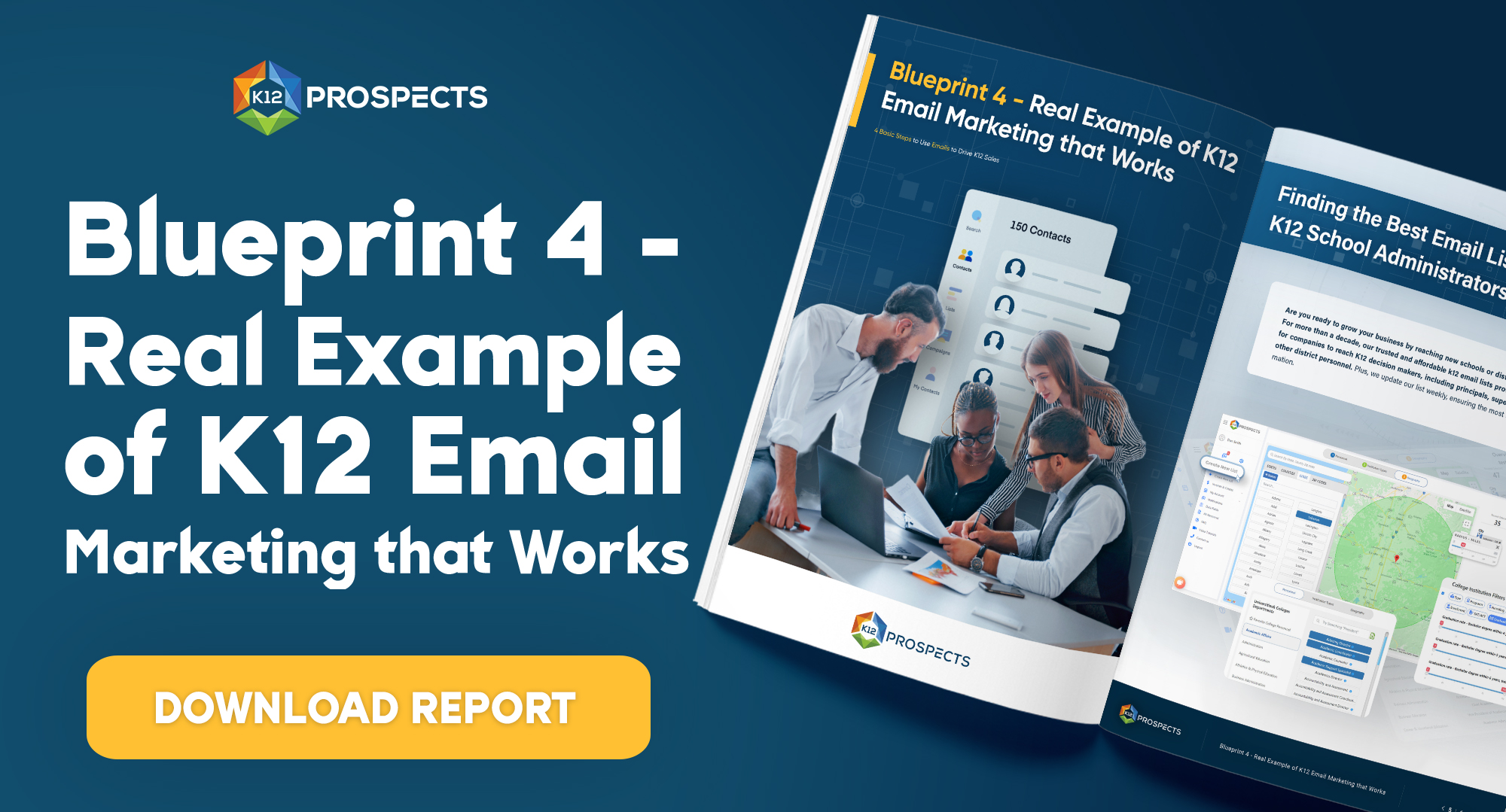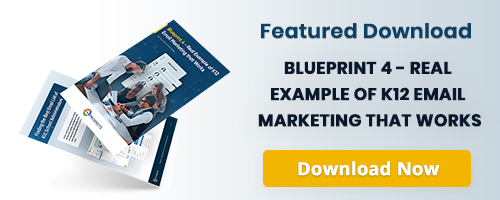Selling Products and Services for Colleges and Universities

Higher institutions (colleges and universities) create a large chunk of the market demand. Simply put, colleges and universities buy loads of products and services each year. So, as a K12 marketer, you should consider targeting higher institutions specifically if you aren’t doing so already.
Why Should You Sell to the Higher Education Market?
They Buy Everything
Higher institutions buy a wide range of products and services—from software to gadgets, to furnishings and food. So, as a K12 marketer, your product or service is likely wanted in higher institutions.
The Market Size Is Large
In the U.S alone, there are about 4000 colleges, each with a large pool of potential buyers—students. Small colleges in the U.S. have an average of 2,000 students, while bigger institutions may have up to 50,000 students per year.
It’s a Ready Market
For other market segments, you may have to attract potential buyers all by yourself, employing content marketing to lead your prospects up the sales funnel. In higher institutions, however, you already have your target audience in one place—college or university.
It’s a Stable Market
Students enroll in colleges every year. So, there is a steady influx of potential customers. The market is stable. This is good news as it means that, as a K12 marketer, you need not spend a fortune on customer acquisition and retention when targeting colleges and universities.
The Market for Higher Institutions in the U.S
Roughly 20 million students are enrolled in colleges and universities in the U.S. annually. Every year, colleges in the United States earn more than $500 billion in total gross revenue. Interestingly, about 15% of this gross total is used for college auxiliary services or support. That is, about 75 billion is spent on auxiliary services per year.
What Are College Auxiliary Services?
Basically, services that support education. They are the necessary extras needed for a seamless academic year. Auxiliary services include housing, dining services, event hosting, bookstores, parking, etc.
These services help colleges stand out from the competition and may be a tie-breaker when a candidate is stuck with multiple college options.
The point is that college auxiliary services are very important in higher institutions. As such, if you offer services or products that may improve the college experience, you should be selling to colleges and universities.
Public and Private Colleges
A college is either private or public. Private colleges differ from public ones in certain ways, but they still have some things in common.
Public colleges are higher education institutions primarily funded by the government. So, they are usually more affordable with larger class sizes and a higher number of enrollments per year.
Private colleges are independent schools that are privately funded. These schools are usually funded by tuition, gifts, and donations from wealthy individuals. Private colleges set their own policies and are generally more expensive for students because there is no government subsidy.
How to Sell Products and Services to the College Market
As a marketer, there are various approaches you can take when selling to the college market.
Contact Decision-makers
Reach out to federal and state organizations that offer memberships to industry suppliers to supply the products or services needed by colleges. Contact decision-makers in various districts via email to learn what you need to do to become a recognized auxiliary service professional in the district’s colleges.
Download an up-to-date mailing list so that you can start contacting decision-makers today!
Attend college-hosted conferences and trade shows.
Many colleges host trade shows and conferences asides from the educational training within faculties. These events are an opportunity to see your target audience in their natural element and learn how things work. It is also a chance to partner with the school and get a chance to address the students, i.e., pitch to your potential customers.
Tips to Effectively Sell to College Students
Use trials and samples to your advantage.
Everyone loves free stuff, and when you’re in college, free stuff is even more attractive. So, offer a free product. Since it’s free, they have virtually no reason to object. After seeing that a product is great, students are more willing to buy it.
Use targeted discounts that make them feel special
Flash back to your college days. You were probably super proud of your school. What if you were told that only students from your college could get a 30% discount for a limited time? We bet you’d rub it in the faces of students from other colleges. Well, as a marketer, that’s free advertising for you.
Be creative and relatable
If you’re looking to sell to college students, it might be worth understanding a bit of their lingo. Be creative and simple, but don’t go overboard and overly informal. College students know a clever ad when they see one.
Manage your social accounts well
If you’re looking to target millennials and Gen Z, you should definitely audit and optimize your social media accounts. If a student is unsure of what you do or how to reach you, they’ll likely look you up on social media.
Don’t trash the marketing classics
Yes, it’s a new generation, but the old rules of marketing still work.
- Use persuasive copy.
- Offer coupons
- Encourage referrals with incentives.
Basically, do what works and don’t be afraid to go old school.
Have brand ambassadors on campus
Students are more likely to take referrals from their peers more seriously than a marketer’s pitch. So, increase your brand’s credibility and make an attractive offer for campus ambassadorship.
Conclusion
When selling to higher institutions, the key is to be deliberate in your approach. And if you follow the tips we’ve provided, even when you’re away, your business’s advertising will continue on campus.



